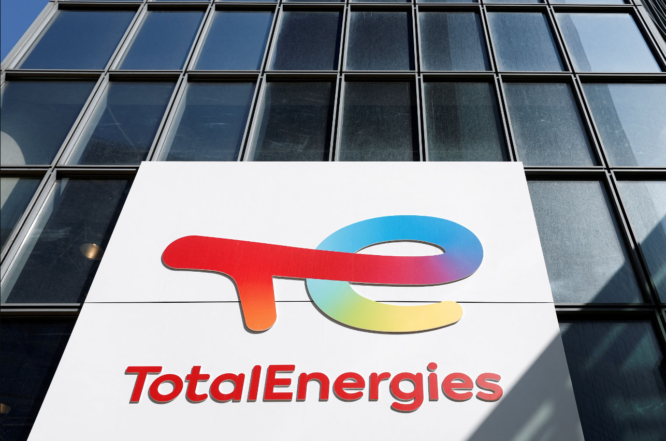Mozambique chose a consortium that includes TotalEnergies and Electricité de France for a $4.5 billion hydroelectric project in the south-east African nation, as investments in renewable energy continue to rise.
The 1,500-megawatt Mphanda Nkuwa dam and an associated transmission line are intended to alleviate the power shortage in the region, according to a government statement cited by Bloomberg on Friday.
Sumitomo of Japan is also a member of the consortium.
Mphanda Nkuwa is situated on the Zambezi river, approximately sixty kilometers downstream of the existing Cahora Bassa hydroelectric facility, which has the capacity to generate 2,075MW of electricity, of which more than half is exported to South Africa.

The latest initiative follows rising renewable energy investment and green transition methods.
ETC Holdings, Zesco of Zambia, Cecot, a subsidiary of Mota-Engil, and Petro, a subsidiary of South Africa’s Central Energy Fund, are among the other consortiums competing for the project.
The government anticipates a financial closure in 2024 and completion by 2030, with partners investing between $500 million and $700 million.
As countries seek to address potential energy shortages, investment in renewable energy is expected to surpass expenditure on fossil fuels and reach $1.7 trillion this year, according to the International Energy Agency.
In 2023, global energy investment is projected to reach $2.8 trillion, with more than 60 percent allocated to sustainable technology, such as renewables, electric vehicles, nuclear power, and heat pumps, according to a report released by a Paris-based agency on Thursday.
“Clean energy is advancing rapidly – more rapidly than many people realize. This is evident in the investment trends, where renewable technologies are displacing fossil fuels, as stated by the agency’s executive director, Fatih Birol.
“For every dollar invested in fossil fuels, approximately $1.70 is currently invested in renewable energy. Prior to five years ago, this ratio was 1:1.”
According to the International Renewable Energy Agency, global investment in energy transition technology must quadruple to $35 trillion by 2030 in order to meet commitments made under the Paris climate agreement.
In March, the Abu Dhabi-based agency said in a preview of its World Energy Transitions Outlook 2023 report that investments in renewable energy technology reached a record $1.3 trillion in 2018, but must increase to approximately $5 trillion annually in order to meet the key Paris accord goal of limiting temperature increases to 1.5°C above pre-industrial levels.
Dr. Sultan Al Jaber, Minister of Industry and Advanced Technology and President-designate of Cop28, called on Tuesday for a significant increase in public and private funding to assist Africa in its fight against climate change.
Africa has “huge potential for low-carbon growth and sustainable development,” Dr. Al Jaber stated at the 2023 Annual Meetings of the African Development Bank in Sharm El Sheikh, Egypt.



